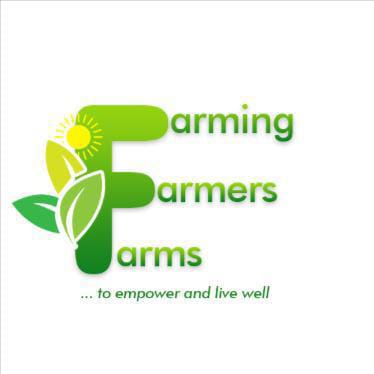A few weeks ago, President Bola Tinubu inaugurated the Presidential Livestock Reforms Implementation Committee to rejig the Nigerian livestock sector, estimated to be worth N33 trillion, but still contributes less than three per cent to the country’s annual Gross Domestic Product (GDP).
The Presidential Committee, headed by the President himself with Attahiru Jega, a Professor of Political Science, as co-chairman alongside other experts.
The committee was given 16 terms of reference to deliver reforms to innovate the sector and strengthen institutional mechanisms for modernisation. It was also to recommend the structure, organisation, and operations of the newly-created Federal Ministry of Livestock Development (FMLD).
The committee has submitted its ‘Inception Report’ to the President. The report noted that Nigeria, which presently has a combined livestock population of about 821 million, which include poultry, 563 million birds; cattle, 58 million; pigs, 16 million; goats, 124 million; and sheep, 60 million; is limited by a number of challenges.
The report listed the challenges to include low breed quality and genetic potential, high cost of feed and fodder, limited access to quality inputs, finance and technology, poor infrastructure and logistics, and inadequate veterinary and extension services.
Others are crop farmer-herder conflicts, cattle rustling and banditry, poor policy implementation, and low private sector investment, especially outside the poultry industry.
The report also gave technical recommendations on what to do to change the fortunes of the sector in terms of short-and long-term interventions.
These comprise breed improvement by upgrading indigenous breeds to enhance productivity, investment in infrastructure for livestock extension, husbandry and veterinary services, and harmonisation and promotion of the existing legislation and policies to support the sector.
Additionally, the report made a case for the strengthening of conflict resolution mechanisms to restore inter-communal harmony, and promoting the economic and nutritional benefits of livestock products.
The committee also proposed a programme to support trans-human pastoralists with seasonal movement of grazing animals, to settle in grazing reserves to manage 1.5 million Tropical Livestock Units (TLUs).
The report further proposed the provision of infrastructure to 1,850 integrated crop livestock settlements, 740 model feedlots, 740 mode dairy infrastructure and 3,700 model commercial pasture, and feed crops production hubs.

In addition, the report highlighted the potentials in various livestock value chains to include the development of cattle commodity value chains that can lead to better meat and milk production, while poultry by-products, such as manure, play a crucial role in sustainable farming and food security.
In realising the highlighted keypoints, stakeholders such as the government, private sector, traditional rulers and the media, have crucial roles in supporting the livestock sector.
The new Federal Ministry of Livestock Development (FMLD) is to formulate and implement livestock development policies and programmes and development of grazing reserves, ranches, pastoral welfare, conflict mitigation, development of clusters, productive alliances and cooperative models for non-ruminant animals.
No doubt, the conflict between cattle herders and farmers is one of the seemingly intractable forms of insecurity plaguing Nigeria.
This vicious circle of violence has made it difficult for some of the farmers to go to their farms, and has greatly affected food production, thereby resulting in food inflation and insecurity.
Different efforts to solve the herder-farmers problem have been undermined by ethno-geographical suspicion, which has made different groups to see the efforts as ploys by others to seize land or marginalise the original inhabitants, making such interventions to have minimal impact on food production.
In making the report to drive the needed change, it is instructive to note that the proposed 10-year transition programme from grazing to ranching is laudable.
This means that within the next 10 years, both grazing and ranching would be practised simultaneously.
It is gratifying that a consensus is being built to transit from open grazing to ranching, hence it would be essential to examine the practicability of the programme bearing in mind that ranching is not limited only to a particular segment of the nation, but all.
FarmingFarmersFarms believes that deliberate and sustainable efforts should be made to engage many interested people as much as possible to support the initiative in our quest to boost agricultural production in the country.


1 Comment
Farmers -herders crisis should be top of the list of this committee because it is really killing local production and safety of lives is not guaranteed.